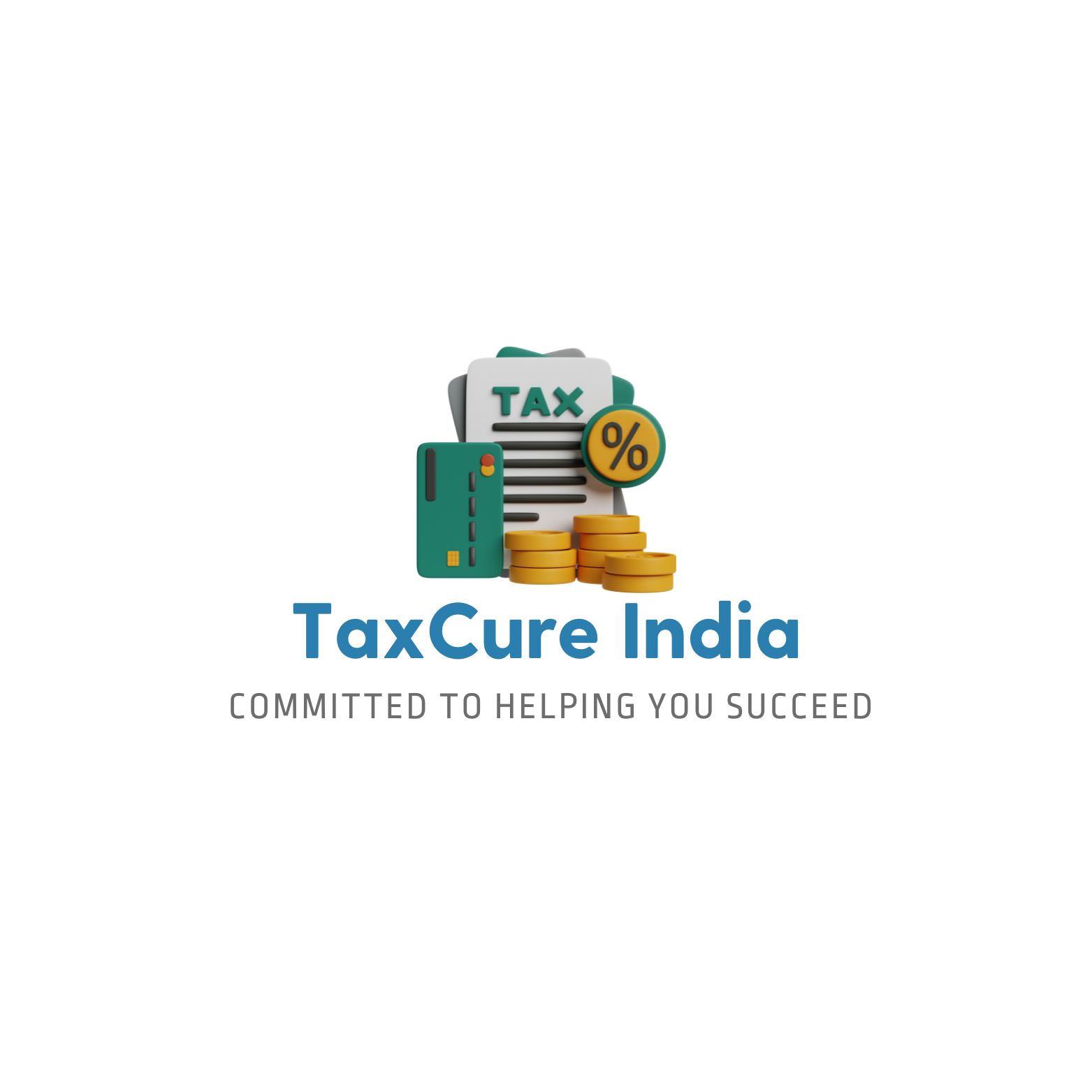The Central Board of Indirect Taxes and Customs (CBIC) issued Instruction No. 03/2025-GST on April 17, 2025, to streamline the GST registration process:
- Strict Adherence to Document Requirements:
Tax officials must follow the document checklist in FORM GST REG-01 without deviation. - Elimination of Arbitrary Notices: Officers are directed not to raise notices or seek clarifications based on presumptions or minor inconsistencies.
- Escalation Protocol for Additional Requests: If an officer believes additional documents are necessary, they must obtain prior approval from the deputy or assistant commissioner.
- Proof of Principal Place of Business (PPOB):
- Owned Premises: Any one of the following documents is sufficient: property tax receipt, municipal khata copy, electricity bill, water bill, or other legally acceptable documents showing ownership.
- Rented/Leased Premises: A valid rent/lease agreement along with any one ownership document of the lessor (e.g., property tax receipt, electricity bill) is required.
- Owned Premises: Any one of the following documents is sufficient: property tax receipt, municipal khata copy, electricity bill, water bill, or other legally acceptable documents showing ownership.
Compliance & Authentication Enhancements
- Mandatory Multi-Factor Authentication (MFA):
All users accessing the GST portal must use MFA to enhance security. - Biometric Authentication:
Applicants must complete biometric authentication within 15 days of application submission; failure to do so will delay the Application Reference Number (ARN) generation.
E-Invoicing and E-Way Bill Regulations
- E-Invoice Reporting Deadline: Taxpayers with an Aggregate Annual Turnover (AATO) exceeding ₹10 crore must report e-invoices within 30 days of issuance.
- E-Way Bill Validity:
- Invoice Age Restriction:
E-Way Bills can only be generated for invoices issued within the last 180 days. - Validity Extension Cap:
The total extension of E-Way Bill validity cannot exceed 360 days.
- Invoice Age Restriction:
Invoice Series and Turnover Considerations
- New Invoice Series Requirement:
Businesses must initiate a fresh, unique, and sequential invoice series starting April 1, 2025, for all transactional documents. - Turnover Calculation:
Accurate calculation of turnover is essential to determine obligations concerning GST registration, Quarterly Return Monthly Payment (QRMP) Scheme eligibility, and e-invoicing requirements.
Sector-Specific GST Rate Adjustments
- Used Car Sales:
GST rate increased from 12% to 18% on the sale of second-hand vehicles. - Hotel Industry:
- Declared Tariff Concept Abolished:
GST is now levied based on the actual amount charged. - Specified Premises Classification:
Hotels charging above ₹7,500 per unit/day are classified as “specified premises” and attract 18% GST on restaurant services with ITC benefits.
- Declared Tariff Concept Abolished:

